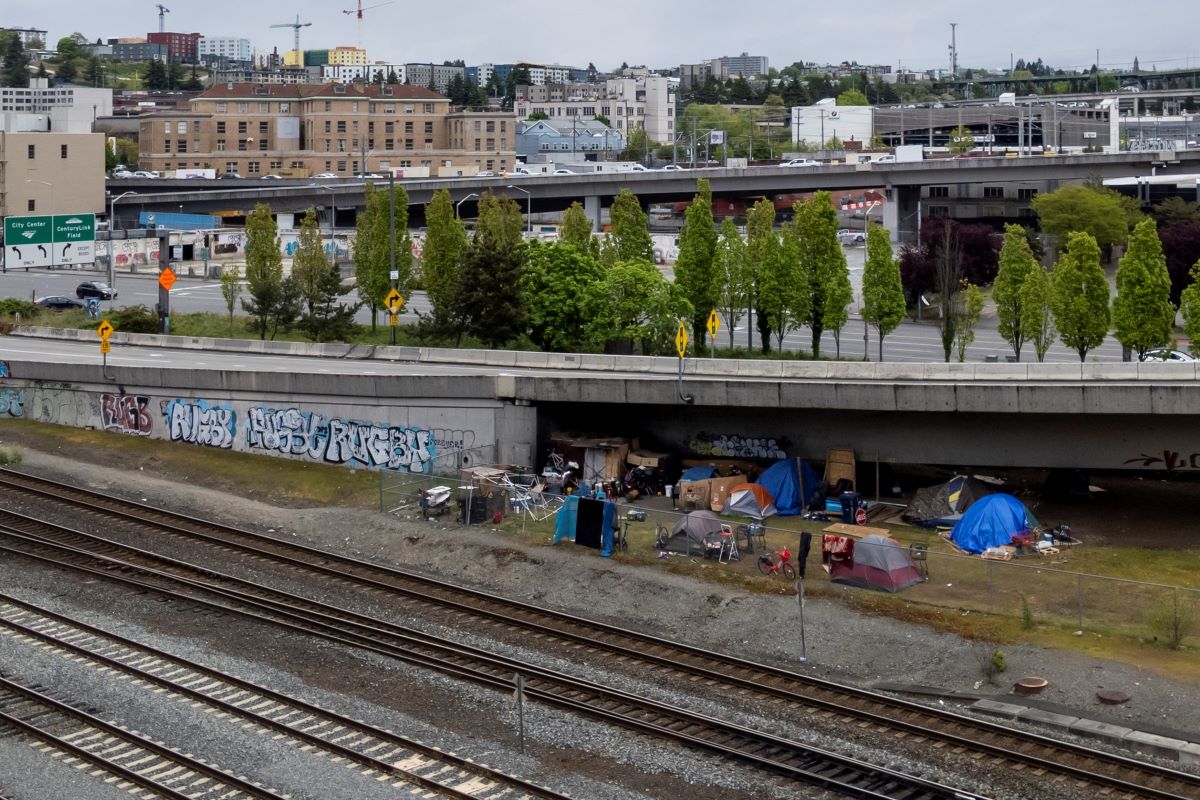Homeless service nonprofits in Seattle are criticizing the city’s Regional Homelessness Authority because they say they’re not being paid for their work, the Seattle Times reported.
As of April 25, nearly half of RHA’s contracts remained unsigned. Meanwhile, several service providers said they had not been paid for work performed since January 1, 2023. A few service providers said they are considering ending their relationship with RHA altogether, citing ongoing challenges.
While it is not uncommon for there to be delays in contract execution, these delays have a real impact on our providers who are delivering services every day, and it is a serious issue that needs to be remedied,” Seattle Mayor Bruce Harrell told the Seattle Times.
The way RHA handles its service contracts has become a point of contention between the agency and its nonprofit partners over the last two years. However, finding ways to undo the knot has proven to be difficult.
During an RHA meeting on April 19, CEO Marc Donas said the agency’s ability to perform its financial functions is “structurally limited.” RHA is not allowed to raise revenue or issue debt for homeless services, according to an agreement struck between Seattle and King County officials in 2019. Instead, the agency must rely on grant funding from local, state, and federal coffers.
Meanwhile, RHA is facing an operating deficit of about $146 million in 2024 and 2025, according to a six-year budget forecast published by Seattle’s City Council. This comes at a time when federal data shows that the number of people experiencing homelessness in Seattle increased from 916 in 2020 to nearly 1,200 by 2022, representing a 31% climb.
Service Providers Are at Their Breaking Point
The increasing need for homeless services has pushed some service providers to their breaking point. For example, Mary Steele, director of the Compass Housing Alliance, a severe weather shelter service, said her organization decided not to renew its contract with the city because they couldn’t get timely responses about routine business matters.
Another provider, YouthCare, which serves youths experiencing homelessness, said it has racked up about $800,000 in debt because of the payment delays. The organization added it has considered cutting staff, work hours, and services to save money.
The homeless service industry overall has struggled with issues such as low pay and worker burnout long before the pandemic. However, the pandemic amplified these issues as case managers were forced to perform their work remotely, significantly challenging how they perform their duties.
Service providers in other states, such as Colorado and Oregon, also face financial hurdles.
In 2022, local news station 9News reported that some Medicaid providers in Colorado were not being paid for their services because of a billing issue with the Colorado Community Health Alliance. This group handles the state’s Medicaid program.
Meanwhile, two Oregon programs that are meant to fund homeless services have yet to collect millions in delinquent taxes from high-income households, OregonLive reported in February. Nearly 25% of the households in this income bracket failed to pay the tax in 2021, the newspaper reported.
RHA told the Seattle Times that it plans to change how it manages its service contracts amid the criticism. The organization plans to end all its contracts and ask service providers to then rebid for the work. This would allow RHA to find new partners to perform outreach, run shelters, and provide other services.
RHA officials said rebidding is necessary to improve the agency’s overall effectiveness. But some service providers were skeptical of the plan.
“It doesn’t matter who’s at fault. They just don’t have the administrative systems in place yet,” Derrick Belgarde, executive director of the Chief Seattle Club, a supportive housing nonprofit. “So why add something that’s as huge and that could actually be more damaging?”
How You Can Help
Now is not the time to be silent about homelessness in California or anywhere else. While blaming a single politician for today’s housing struggles is easy, the truth runs much deeper. Poverty and homelessness are both policy choices, not personal failures. That’s why we need you to contact your officials and tell them you support legislation that:
- Streamlines the development of affordable housing
- Reduces barriers for people experiencing homelessness to enter permanent housing
- Bolsters government response to homelessness
Together, we can end homelessness.













